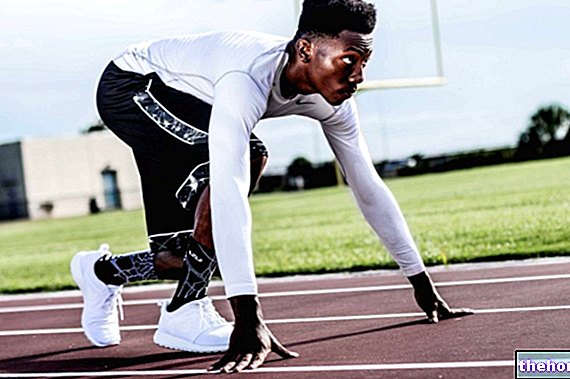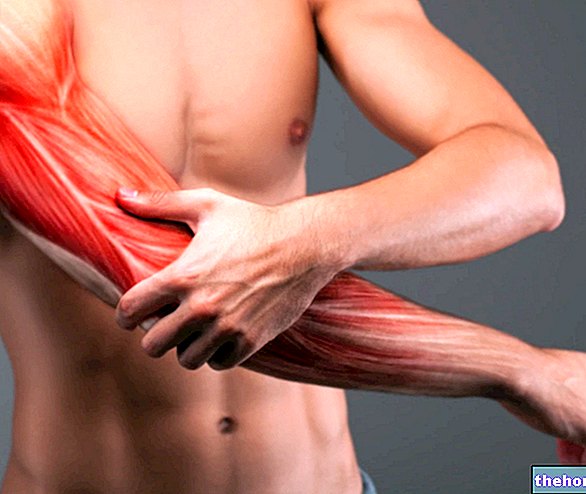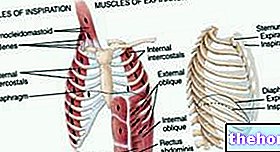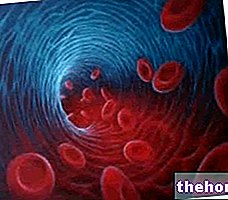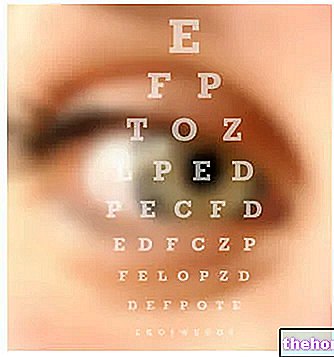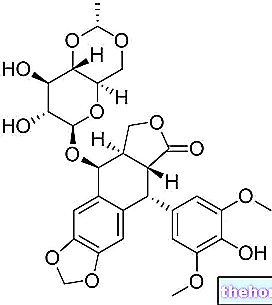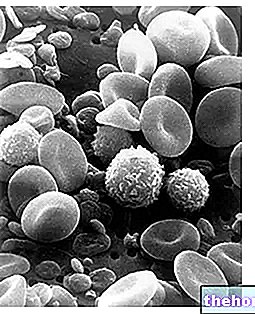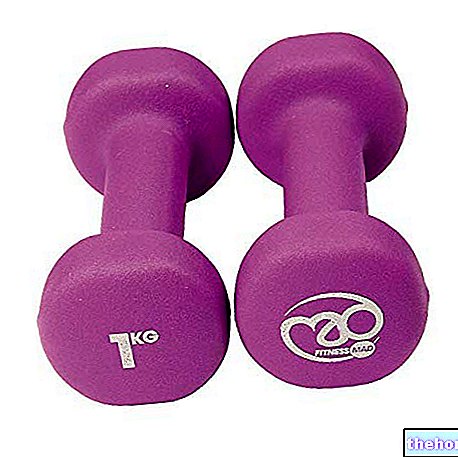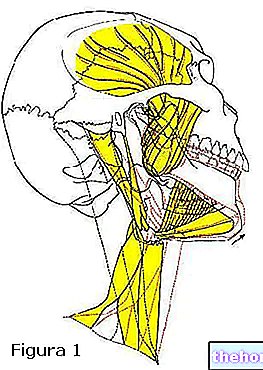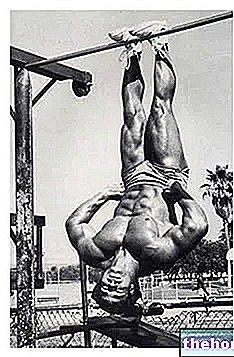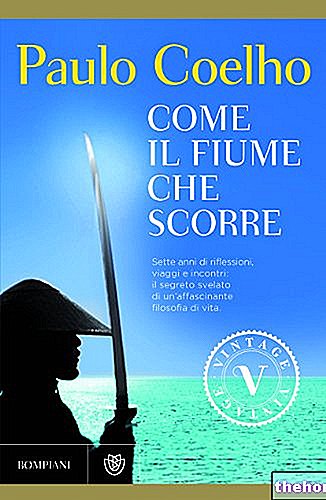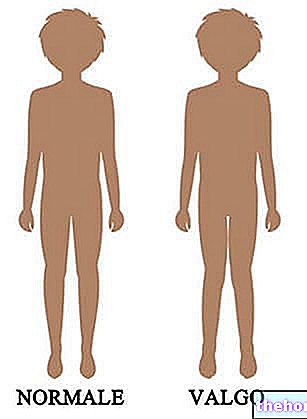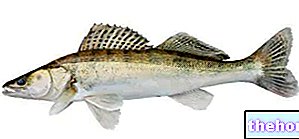Edited by Dr. Stefano Casali
The concept of Flow (literally "flow", "current" but intended as "optimal experience") was developed by Mihaly Csikszentmihalyi, a Hungarian-born psychologist who has been transplanted to the United States for years. Csikszentmihalyi developed his work starting from an Aristotelian reflection: "people are constantly looking for happiness and whatever behavior is implemented depends on the achievement of this hypothetical condition". The author then pays attention to the fact that "in the field of happiness, there is no progress!": Yes, we have material goods and opportunities that even the most powerful people of only fifty years ago did not even imagine existed, but this did not make us happier. According to Csikszentmihalyi, happiness does not derive from luck or chance and is not determined by external events beyond our control but is closely linked to our will and how each of us interprets the events that happen and the experiences he has, as Aldous Huxley put it: "experience is not what happens to a man, but what a man does with what happens to him". The interpretation of events also depends on cultural and social factors but above all on the value that at an individual level we attribute to the individual experiences we have. Happiness is therefore an "unnatural condition" that needs to be generated and maintained. In this perspective, every individual was born with a non-modifiable genetic heritage (we cannot change our height or the color of our eyes) but, in the course of life, everyone builds their own "cultural set" through the acquisition of information (in the form of artifacts or learning) from the external environment. This occurs through an active selection process of information; each subject selects and organizes the information acquired in the context in which it operates according to a specific criterion: "the quality of the" experience "associated with such information. In fact, those experiences capable of producing a full and positive state of consciousness are preferentially replicated and those generating boredom and negative stress or anxiety states are avoided. This phenomenon is already evident in behavior in developmental age and acquires a fundamental relevance in the theory of Flow, or Optimal Experience. But what does "Flow" enter with the search for "happiness" which - as we have seen - was the starting point of the theoretical and personal reflection of Csikszentmihalyi? C "enters because people who maintain control of their experiences and face challenges that engage them at the very least without requiring to go heavily beyond their limits are those most able to determine the quality of their life. This is the best way to approach the condition of happiness. In summary, who is in the Flow:
- He feels that he is completely involved, focused, concentrated;
- He knows that the activity is feasible and that the skills he possesses are adequate for the purpose and will be used to the maximum but not beyond (there is no anxiety or boredom);
- He feels he is out of ordinary reality, he no longer feels physical needs, he no longer notices the passage of time (he feels almost "ecstatic");
- It is absolutely focused on the present (it is in the "Here and Now");
- He feels a great inner clarity, he knows what needs to be done and how
- The business will be fine;
- She feels a sense of "serenity": no fear or self-defense; he has the sensation of going beyond and transcending his own ego, of being part of a larger system, of moving in harmony with the activity undertaken, as in a current, a flow;
- He feels an intrinsic motivation for action: whatever Flow produces that becomes the same reward;
Other articles on "Happiness and sport"
- Sport psychology: flow concept
- Flow and peak performance
- Flow and peak performance: bibliography



